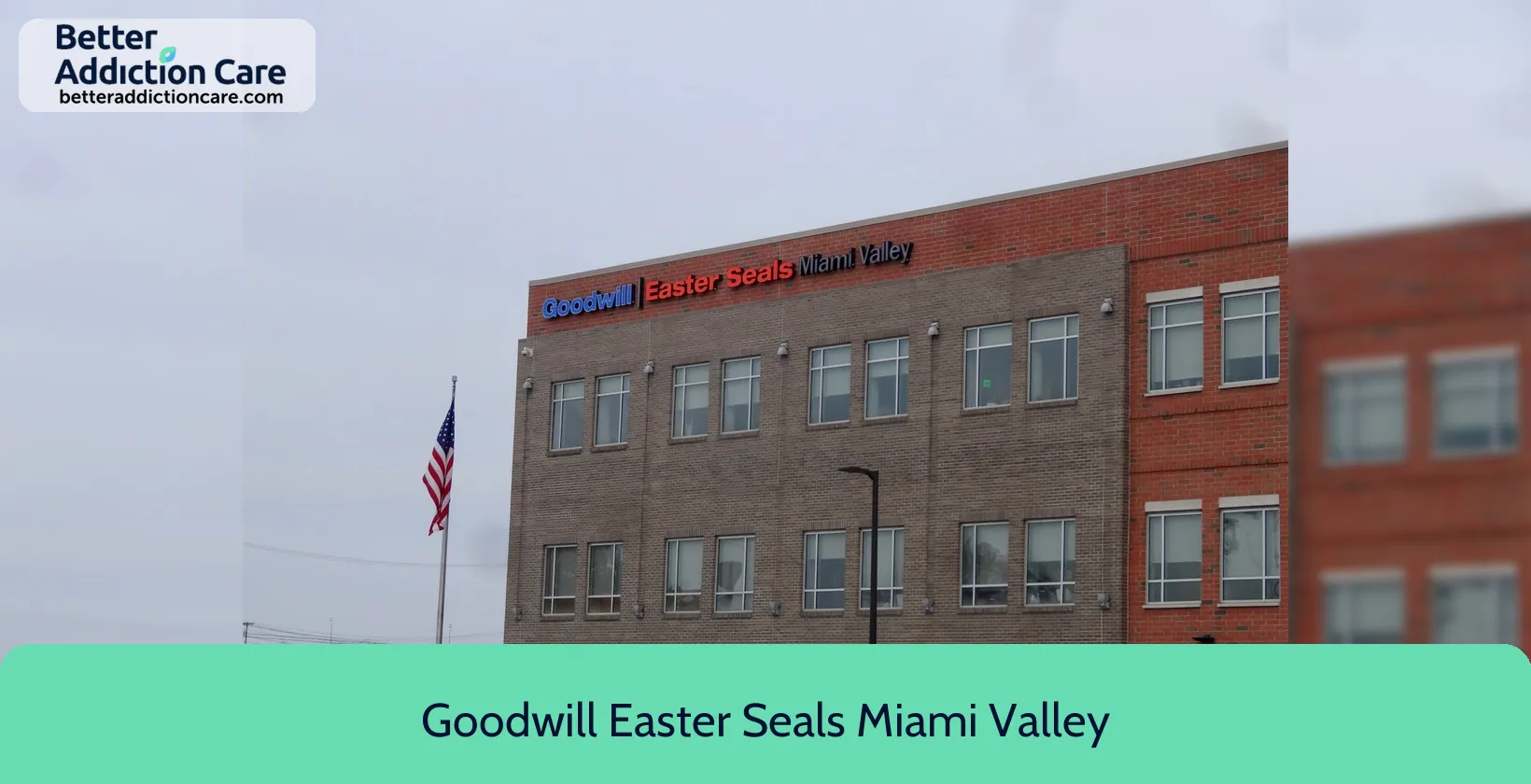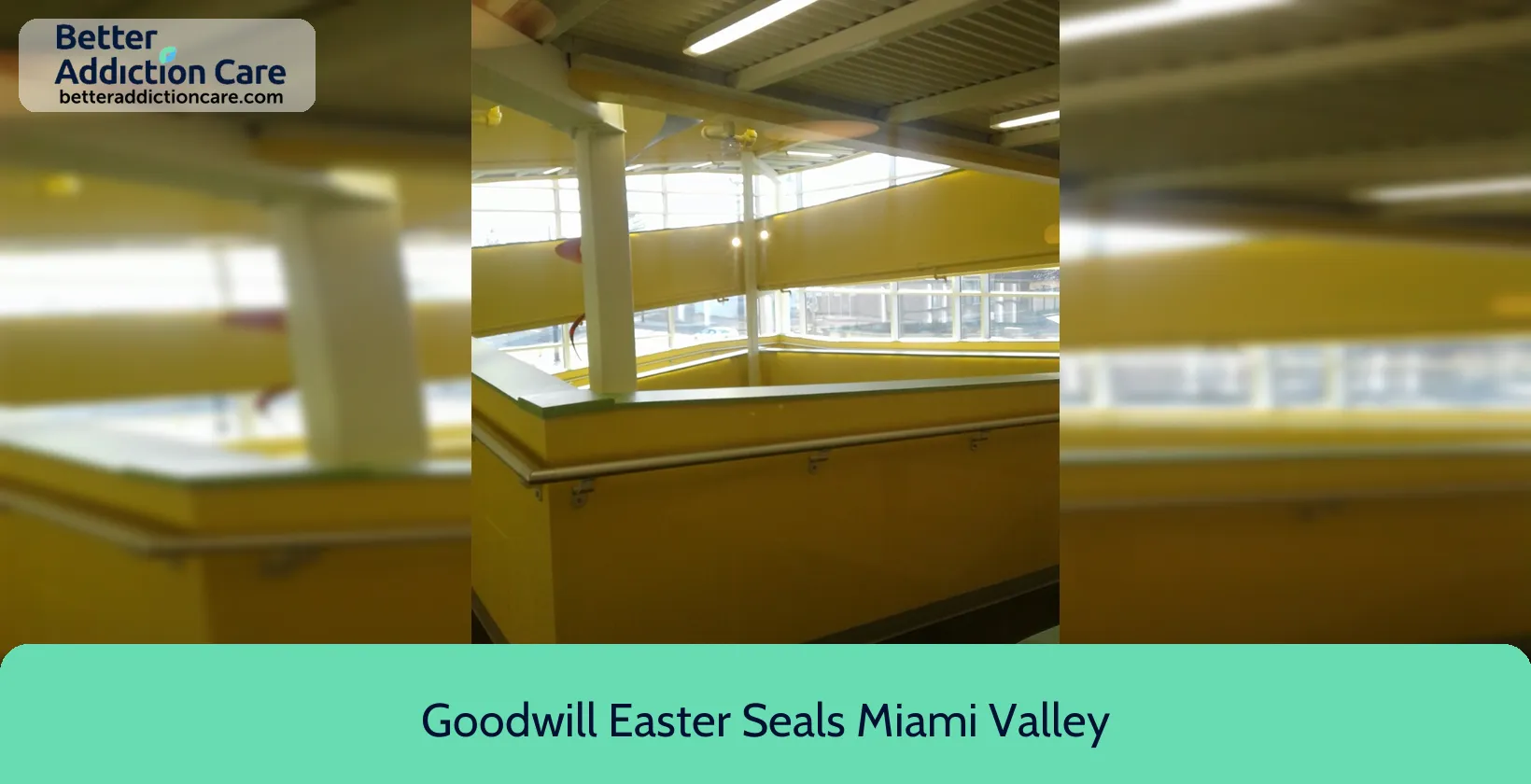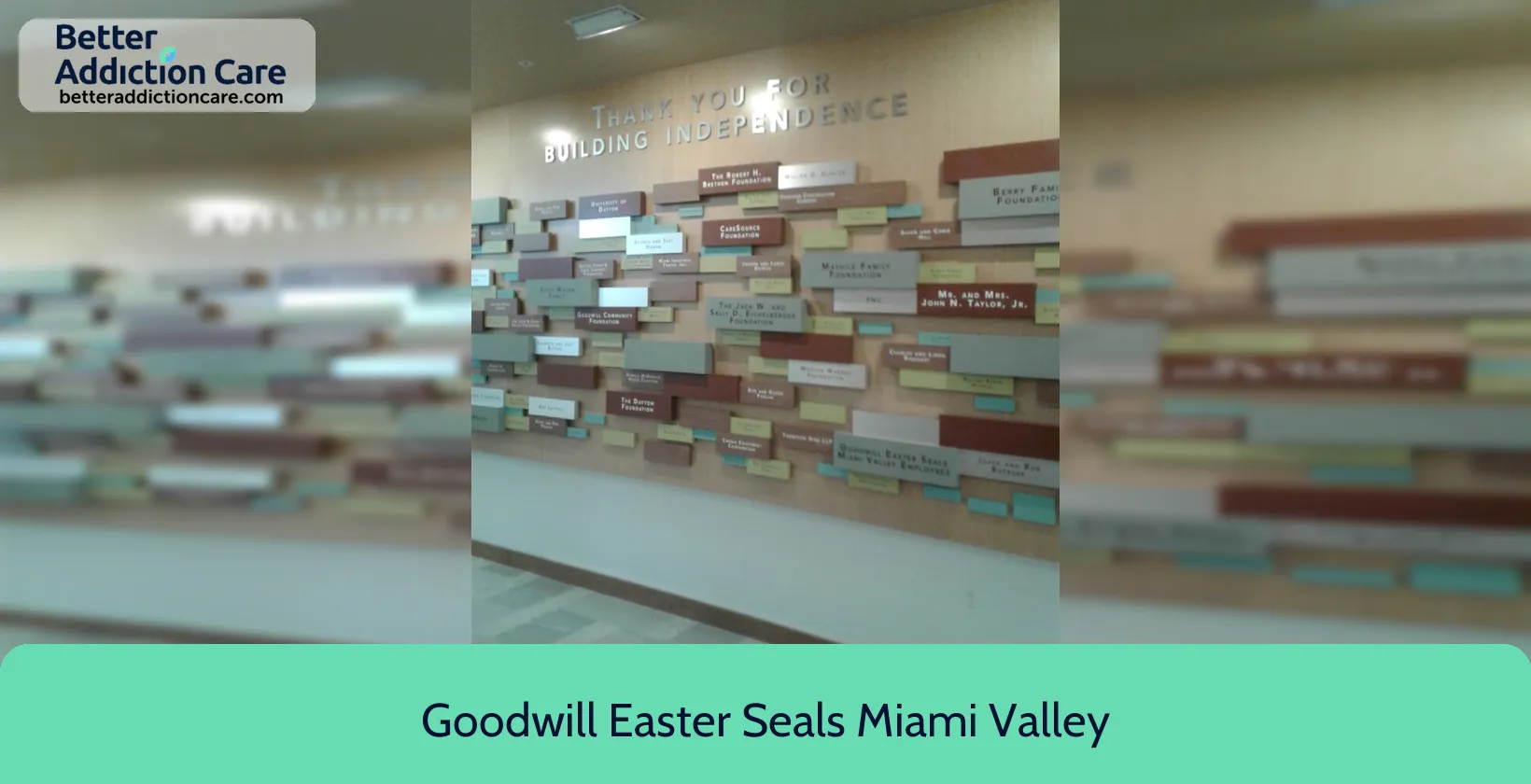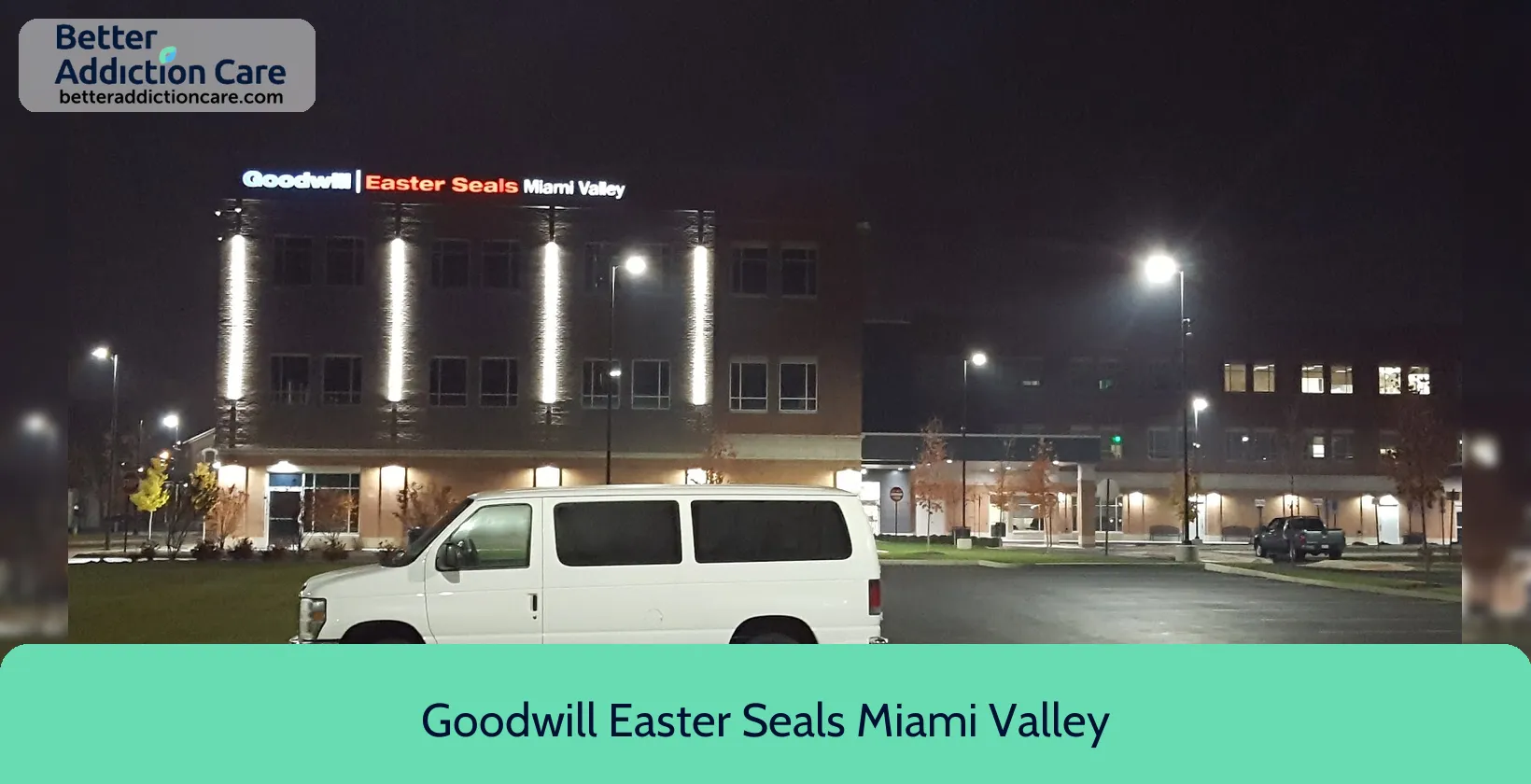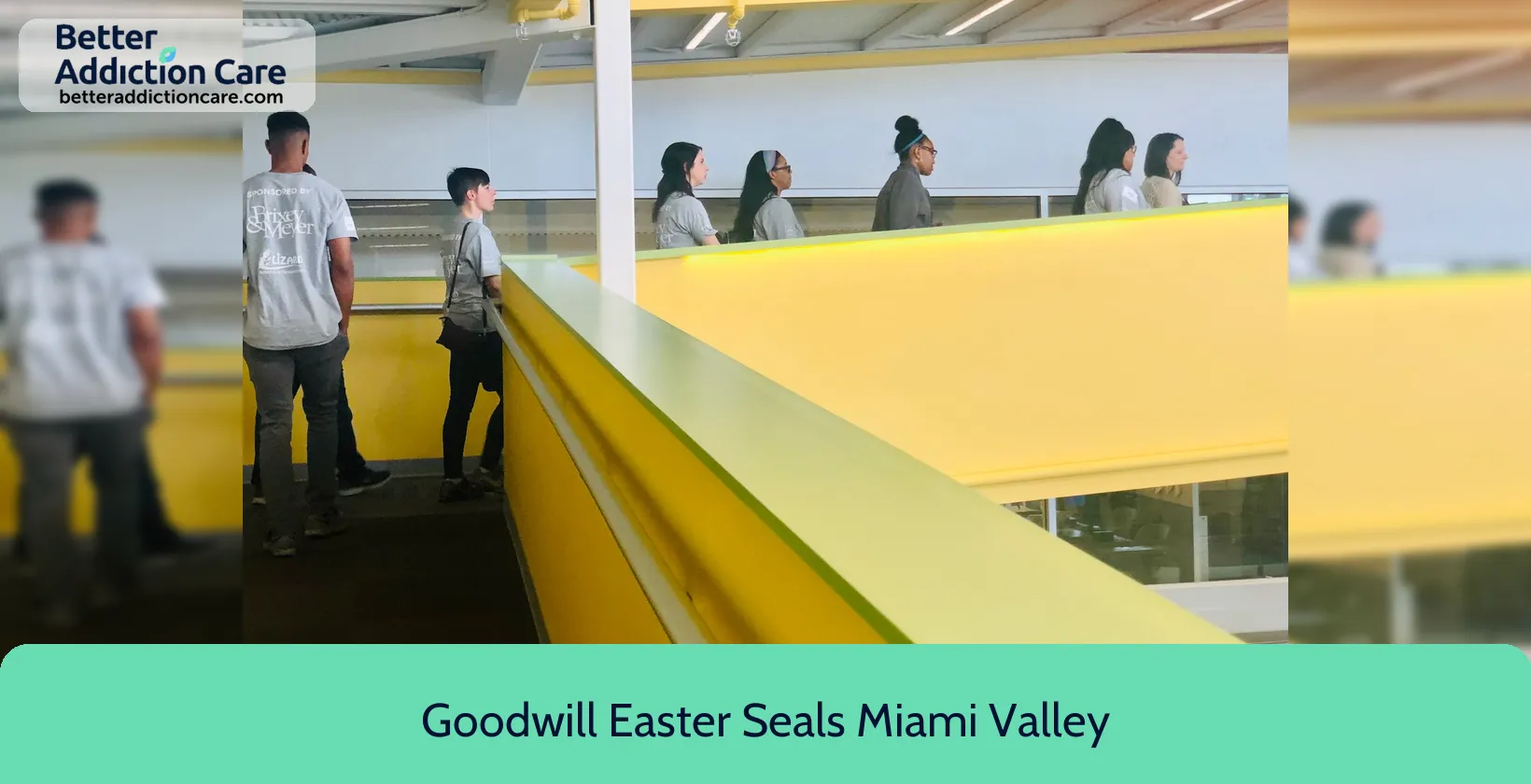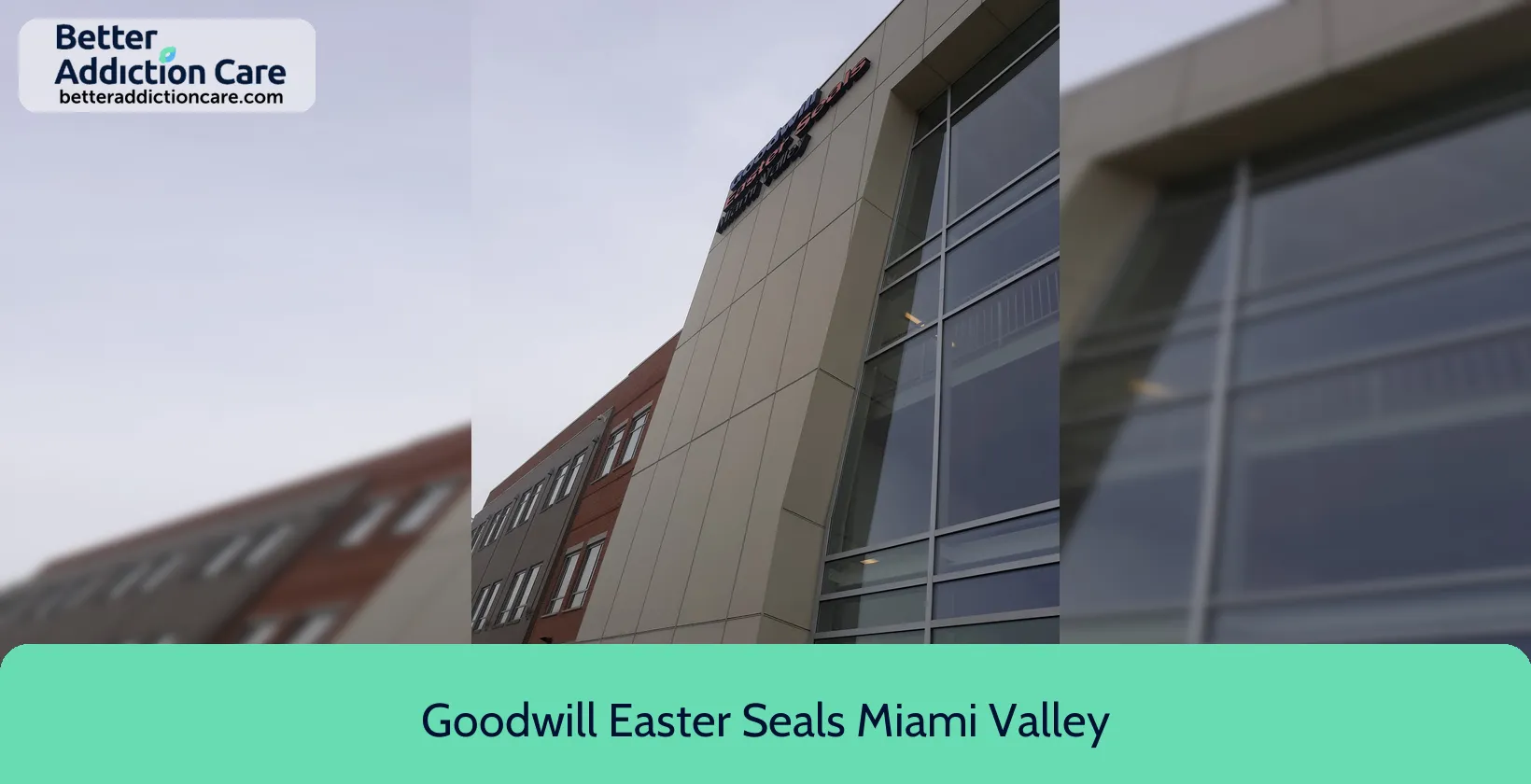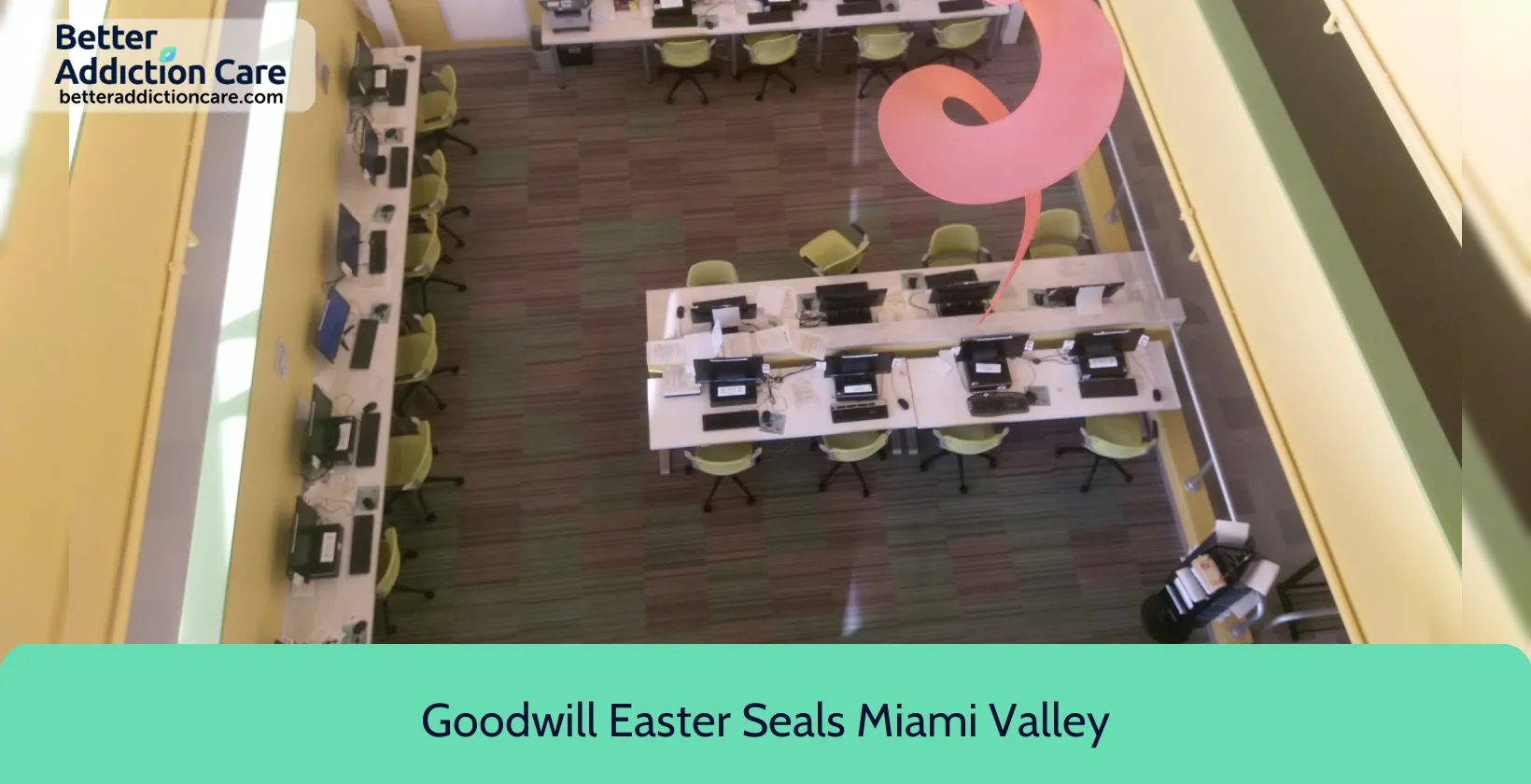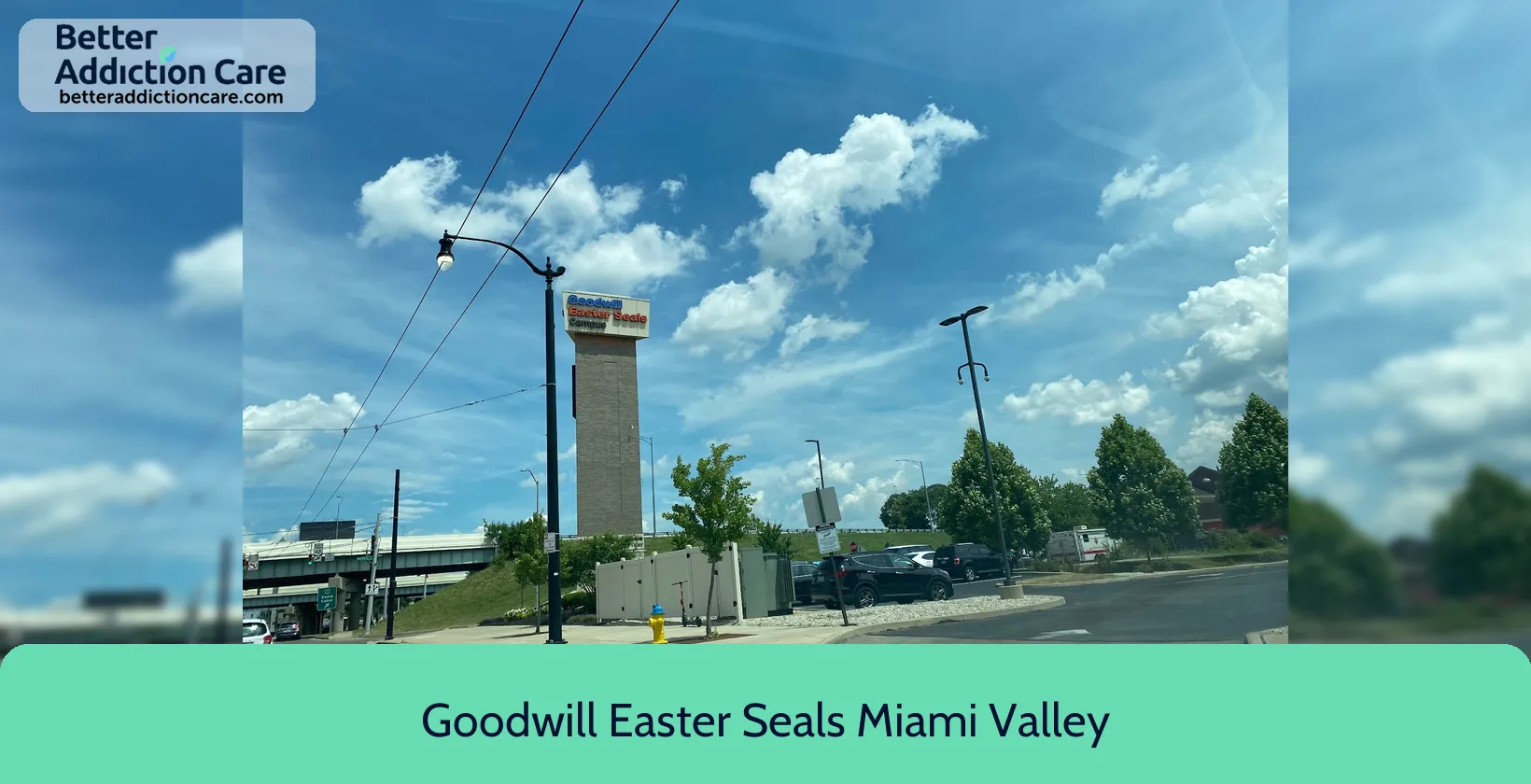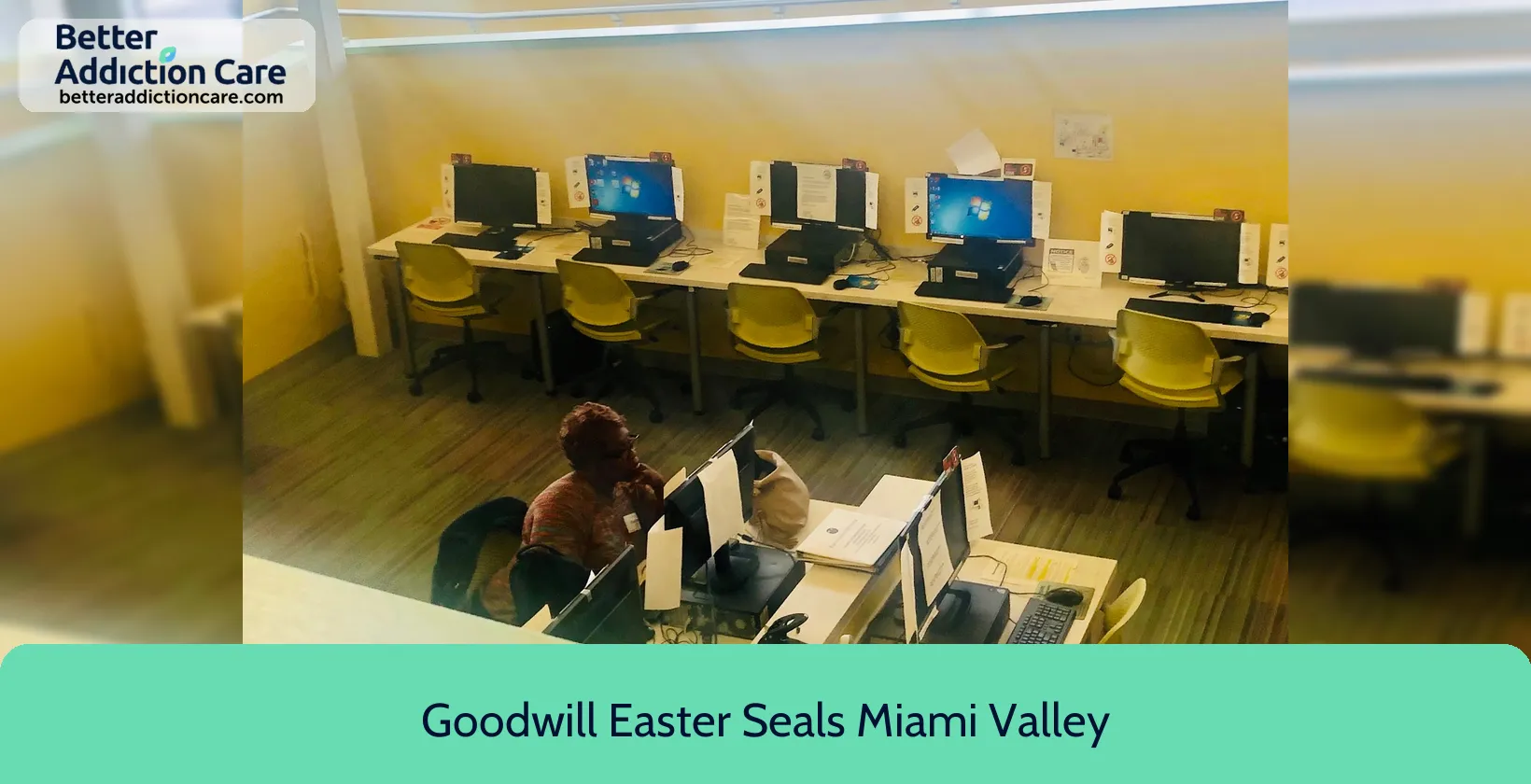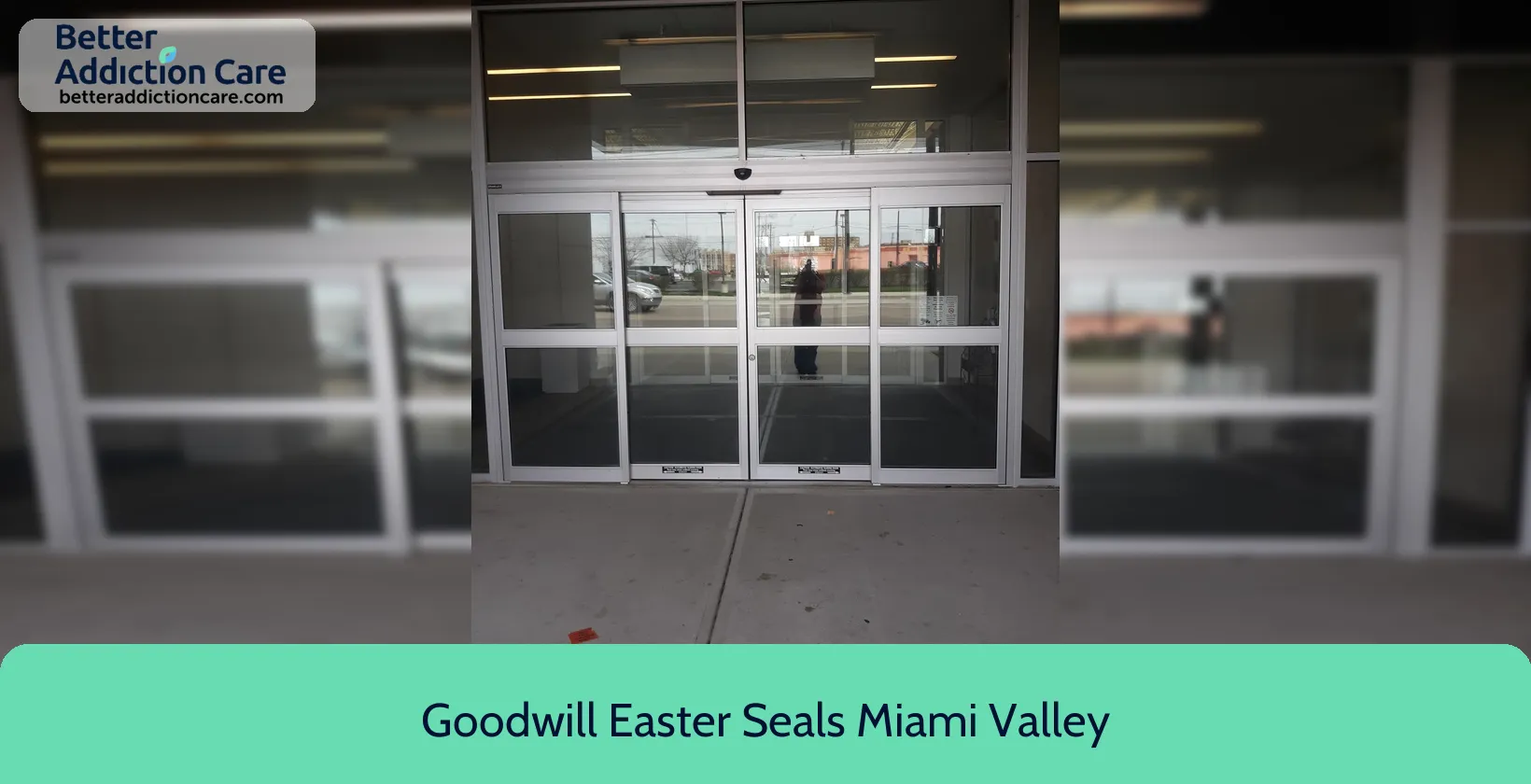Goodwill Easter Seals Miami Valley
Overview
Goodwill Easter Seals Miami Valley is a substance abuse treatment center for people seeking treatment near Montgomery County. As part of their treatment modalities for recovery, Goodwill Easter Seals Miami Valley provides individual psychotherapy, cognitive behavioral therapy, and dialectical behavior therapy during treatment. Goodwill Easter Seals Miami Valley is located in Dayton, Ohio, accepting medicaid for treatment.
Goodwill Easter Seals Miami Valley at a Glance
Payment Options
- Medicaid
- County or local government funds
- Federal, or any government funding for substance use treatment programs
- Cash or self-payment
Assessments
- Comprehensive mental health assessment
- Comprehensive substance use assessment
- Outreach to persons in the community
- Screening for mental disorders
- Screening for substance use
Age Groups
- Children/adolescents
- Young adults
- Adults
- Seniors
Ancillary Services
- Case management service
- Supported employment
- Vocational rehabilitation services
- Mental health services
- Social skills development
Highlights About Goodwill Easter Seals Miami Valley
7.08/10
With an overall rating of 7.08/10, this facility has the following balanced range of services. Alcohol Rehabilitation: 8.00/10, Treatment Options: 7.70/10, Drug Rehab and Detox: 6.62/10, Insurance and Payments: 6.00/10.-
Alcohol Rehabilitation 8.00
-
Treatment Options 7.70
-
Drug Rehab and Detox 6.62
-
Insurance and Payments 6.00
Accreditations
State mental health department:
State mental health department accreditation refers to the process of evaluating and certifying the quality and standards of a state's mental health department, ensuring that it provides high-quality services and meets specific criteria for mental health care. The accreditation process is performed by a third-party organization and helps to improve the overall care and treatment of individuals with mental health conditions.
Commission on Accreditation of Rehabilitation Facilities (CARF):

Established in 1966, the non-profit organization known as the Commission on Accreditation of Rehabilitation Facilities (CARF) has a dedicated focus on accrediting rehabilitation organizations. CARF's primary mission is to assist service providers, particularly rehabilitation facilities, in upholding and promoting the highest standards of care.
Treatment At Goodwill Easter Seals Miami Valley
Treatment Conditions
- Alcoholism
- Mental health treatment
- Substance use treatment
- Co-occurring Disorders
Care Levels
- Outpatient
- Regular outpatient treatment
- Aftercare
Treatment Modalities
- Individual psychotherapy
- Cognitive behavioral therapy
- Dialectical behavior therapy
- Integrated Mental and Substance Use Disorder treatment
- Activity therapy
Ancillary Services
Additional Services
- Pharmacotherapies administered during treatment
- Mentoring/peer support
- Drug and alcohol oral fluid testing
Special Programs
- Clients with co-occurring mental and substance use disorders
- Clients who have experienced trauma
Get Help Now
Common Questions About Goodwill Easter Seals Miami Valley
Contact Information
Other Facilities in Dayton
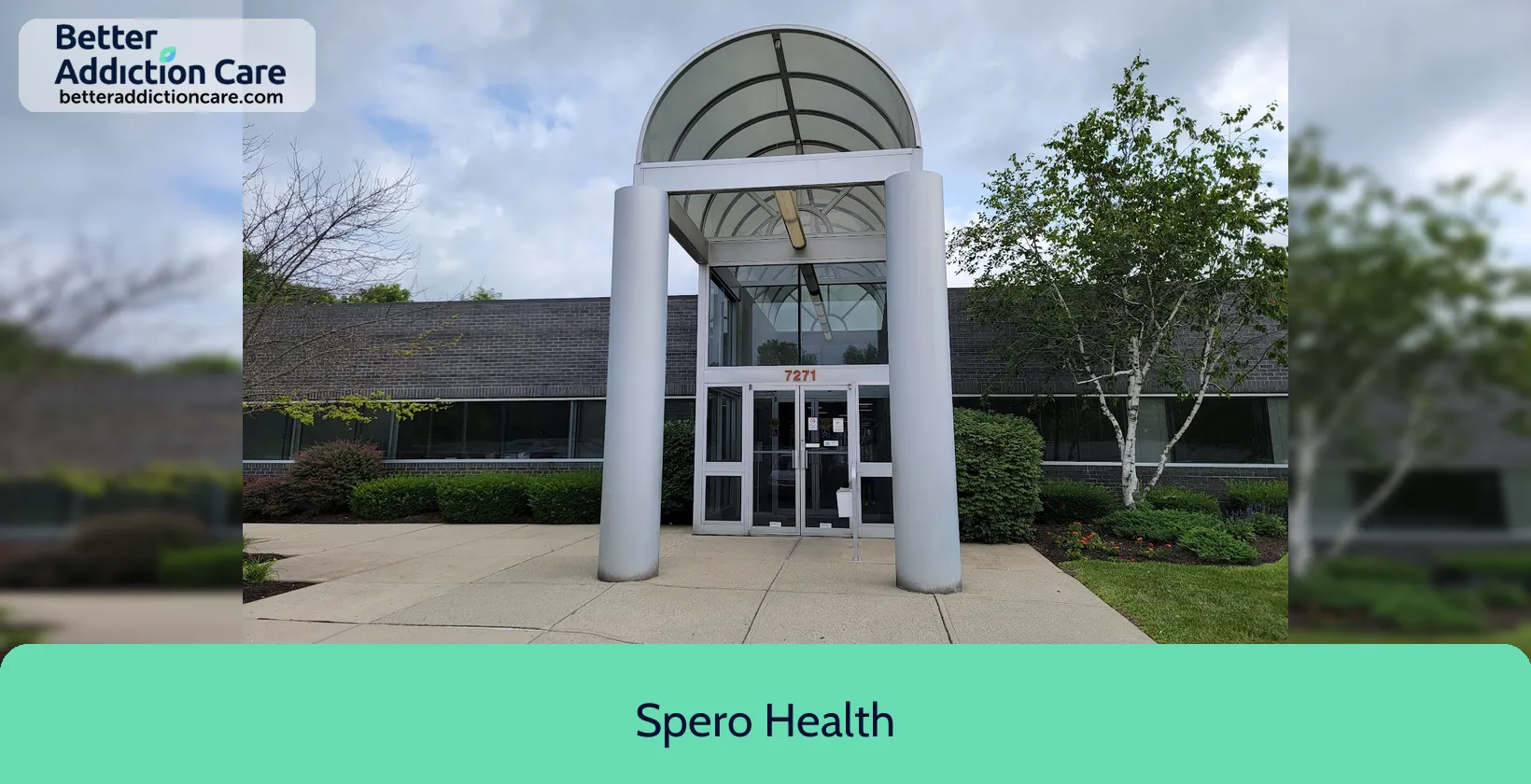
6.56

6.59

6.65

6.65
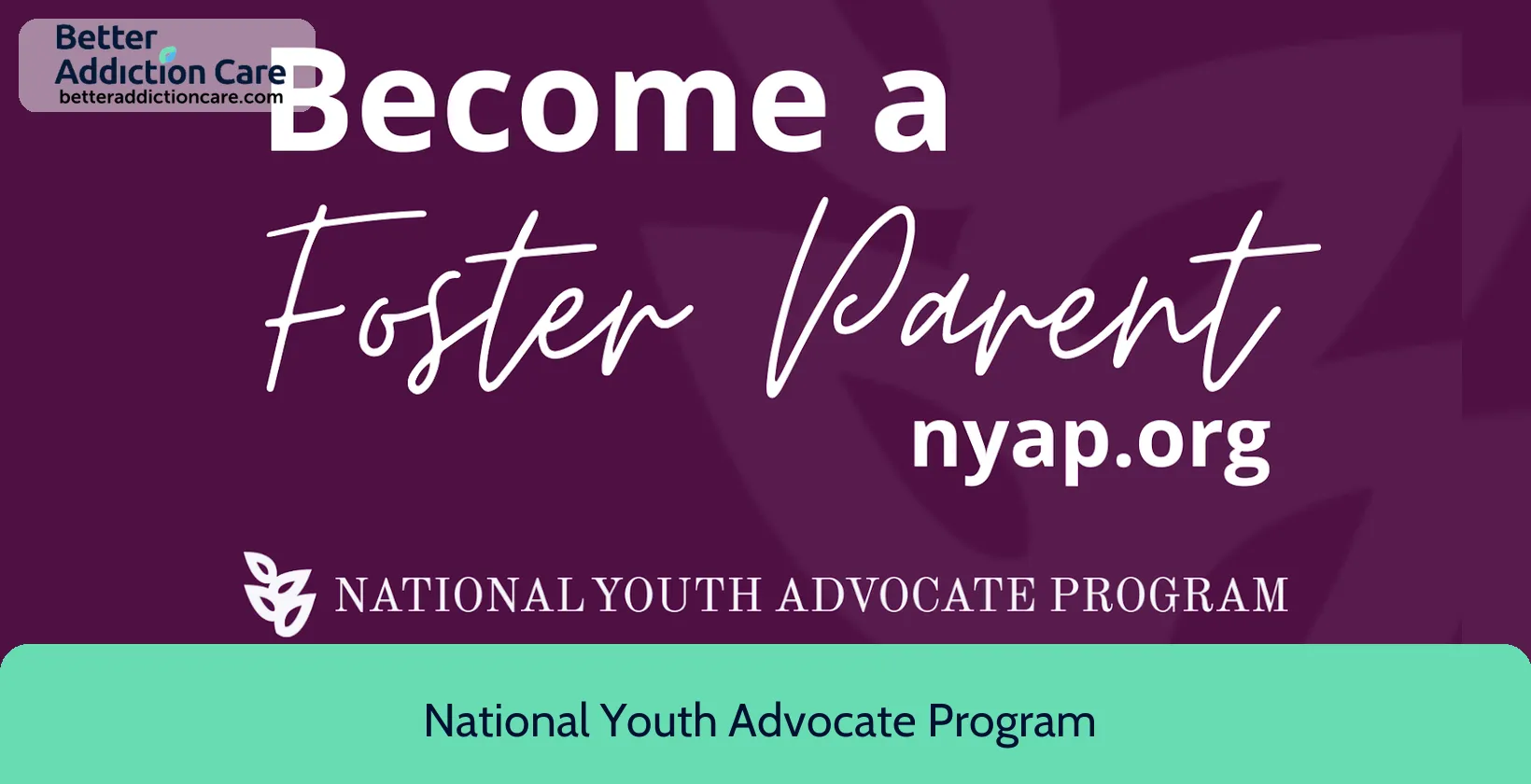
6.74
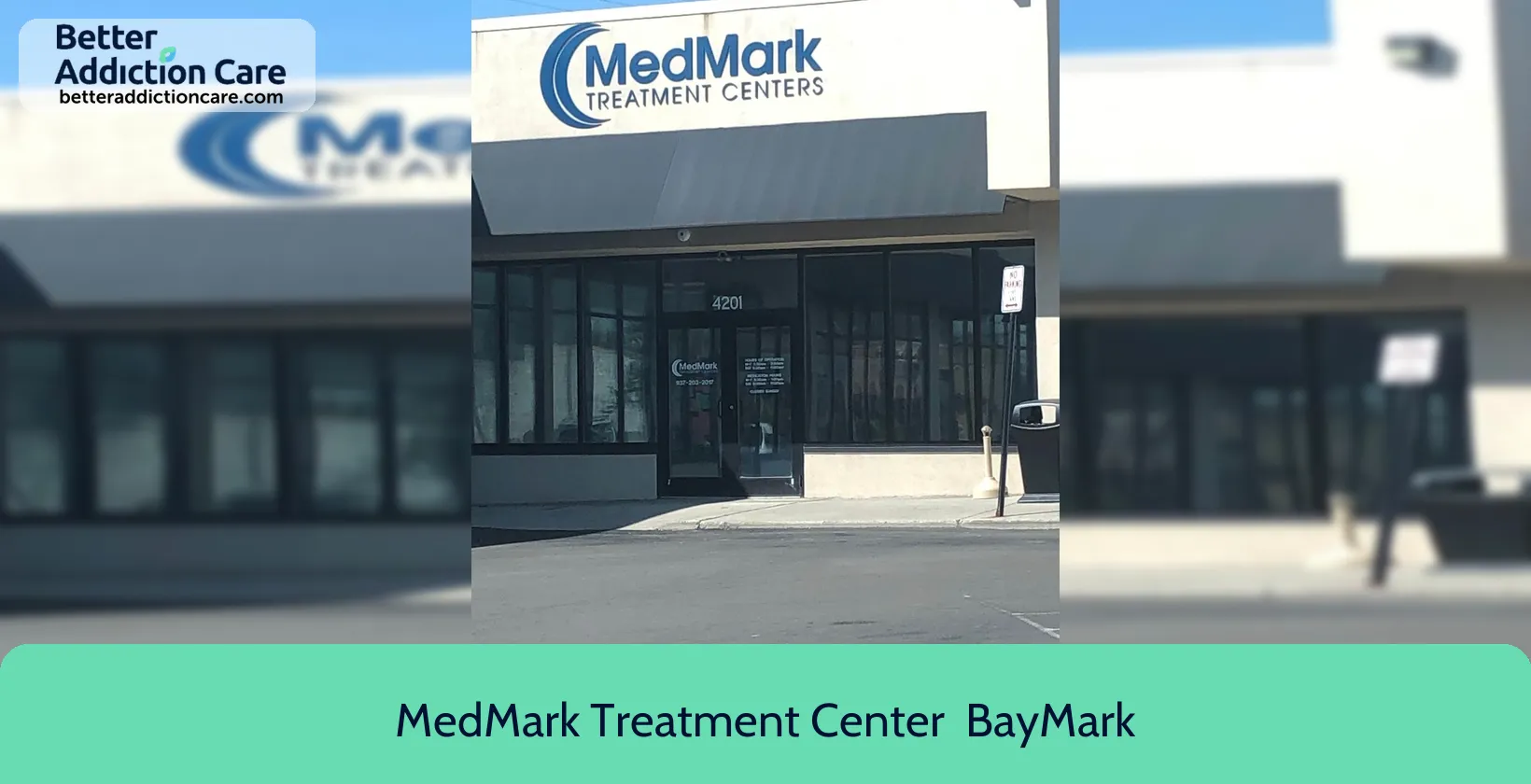
7.05
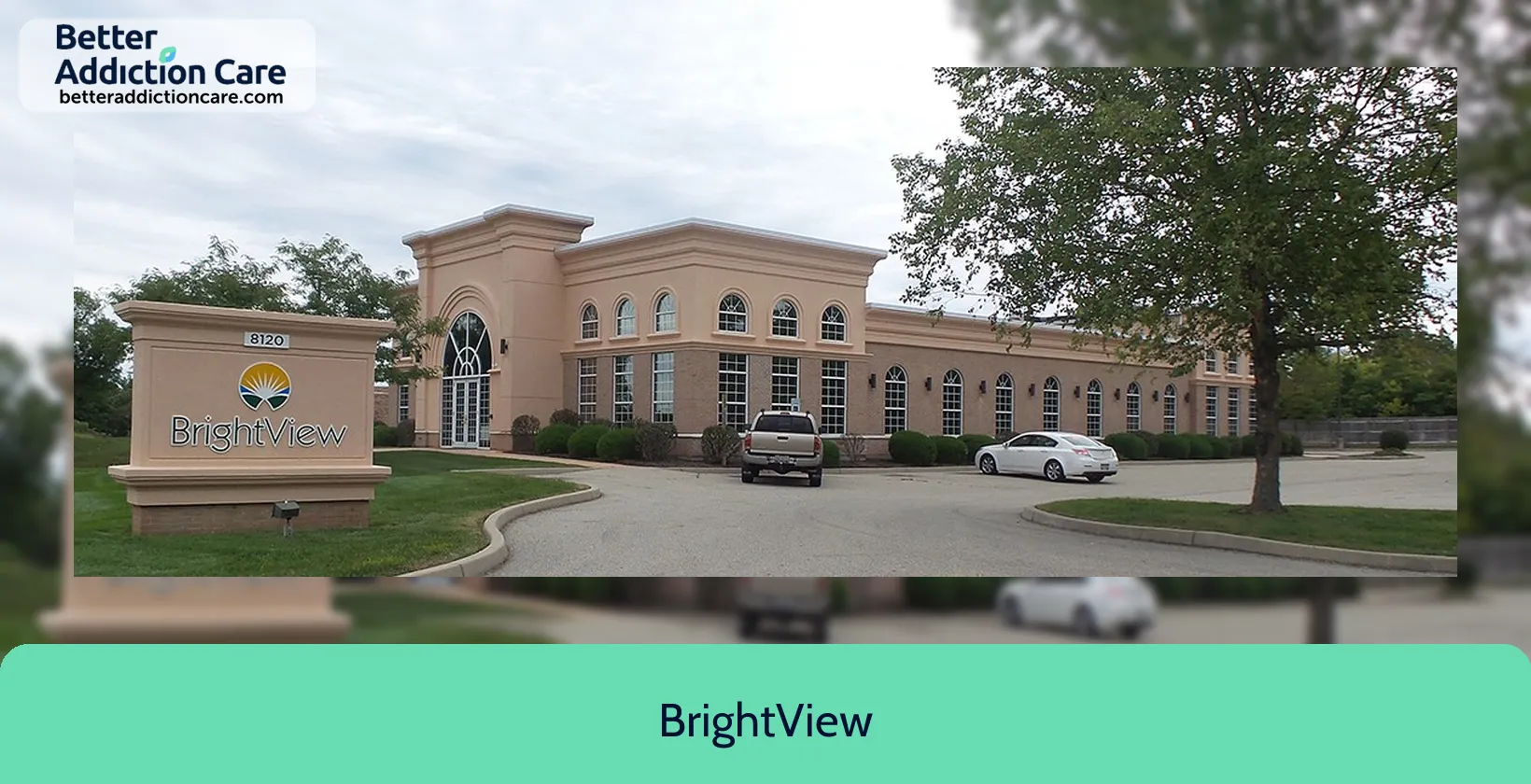
7.53
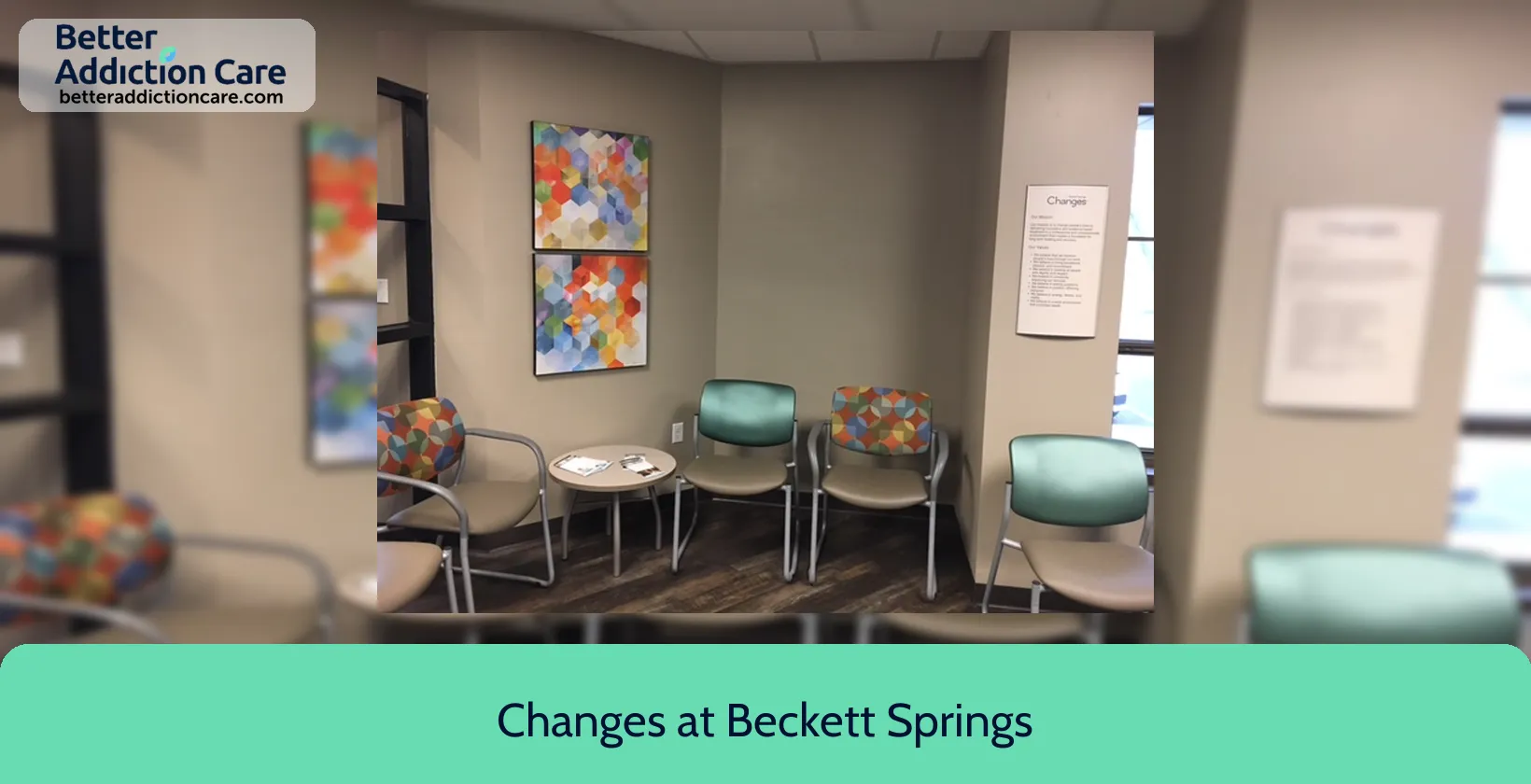
6.71
DISCLAIMER: The facility name, logo and brand are the property and registered trademarks of Changes at Beckett Springs, and are being used for identification and informational purposes only. Use of these names, logos and brands shall not imply endorsement. BetterAddictionCare.com is not affiliated with or sponsored by Changes at Beckett Springs.
